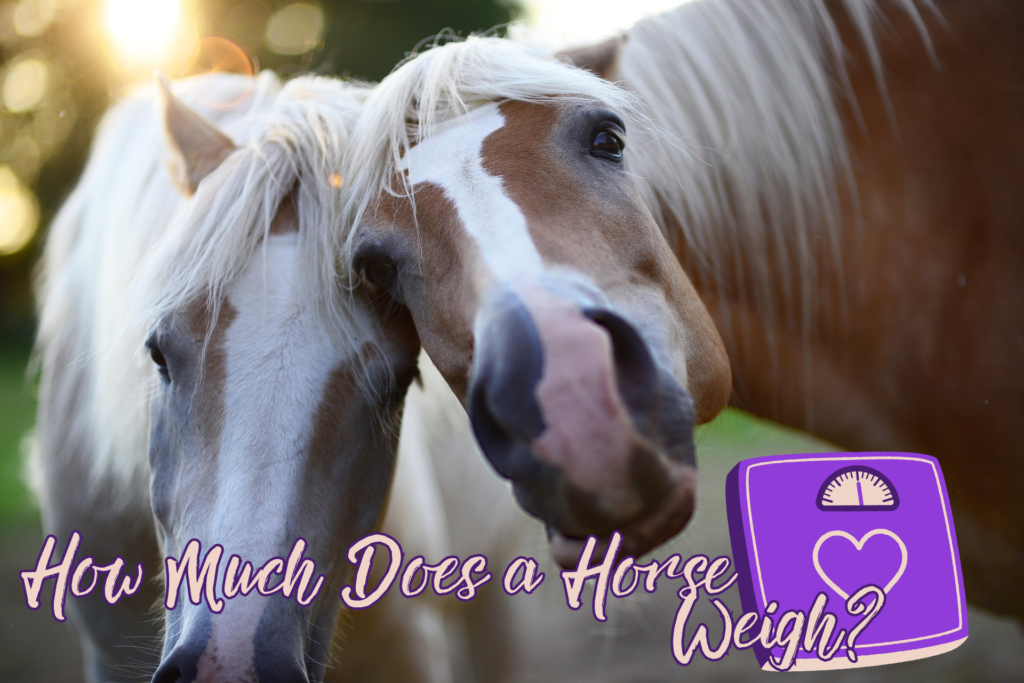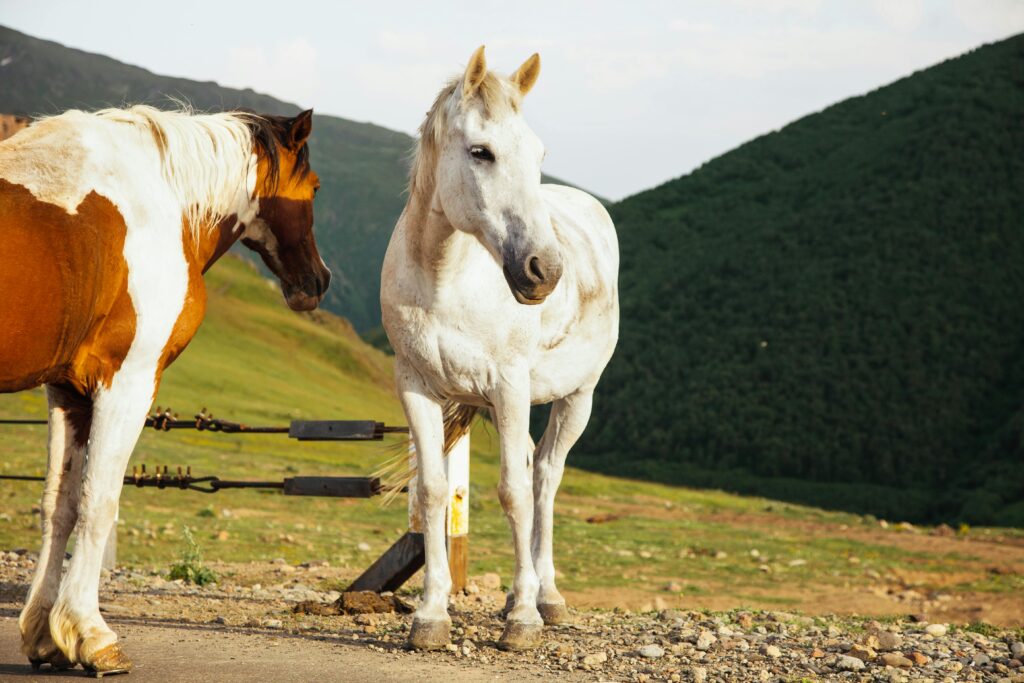Introduction: Why Senior Horse Nutrition Matters
the Best Diet for Senior Horses
Did you know that over 20% of the equine population is aged 15 years or older? As horses age, their nutritional needs shift dramatically, requiring tailored diets to maintain health and vitality. Yet, many owners unknowingly feed their seniors the same way they did in their prime, leading to weight loss, joint issues, or metabolic disorders.
In this article, you’ll learn:
- Key nutrients senior horses need to thrive.
- Feeding strategies for common age-related challenges like dental problems.
- Expert-backed tips to avoid pitfalls in senior equine nutrition.
- Actionable steps to create a diet plan that supports longevity.
Let’s dive into the science-backed secrets to fueling your senior horse’s golden years.
Understanding Senior Horse Nutrition: Special Needs and Challenges
As horses age, their bodies undergo a series of changes that impact their nutritional requirements. These changes demand specialized feeding in order to maintain health, vigor, and quality of life. Let’s examine more closely how aging impacts equine digestion, metabolism, and overall nutrition requirements.
How Aging Impacts Equine Digestion and Metabolism
As horses enter their senior years—typically 15 years and older—their digestive system begins to function less efficiently. This can have severe implications for their overall health if it is not properly addressed. Some of the key areas where aging impacts equine nutrition are considered below:
Reduced Digestive Efficiency
Older horses also experience a decline in gut motility, or the natural movement of food through the digestive tract. This decline can lead to issues such as impaction colic or malabsorption of nutrients. Production of enzymes also declines with age, so seniors have a harder time breaking down complex carbohydrates, protein, and fats into usable nutrients.
For example, fiber digestion in the hindgut is less efficient, so even high-quality hay may not be able to provide sufficient energy for the aging horse. To combat this, owners must prioritize extremely digestible forages like soaked hay cubes or beet pulp, which are easier for the aging digestive system to digest.
Dental Deterioration
One of the most common problems of older horses is dental problems. As age advances, teeth erode unevenly, develop sharp points, or simply fall out. All these conditions make chewing painful and difficult, leading to poor intake of roughage and subsequent weight loss. Horses with dental problems are also more prone to choke (esophageal obstruction) if they are fed dry feeds or long-stem hay.
A 2022 study published in the Journal of Equine Veterinary Science discovered that approximately 60% of older horses experience moderate to severe dental issues. The findings emphasize the importance of regular dental checks—at least every six months—to identify and address problems early. In horses with advanced dental breakdown, alternative sources of forage such as chopped hay, pelleted feeds, or soaked hay cubes are essential.
Metabolic Slowdown
Aging is also indicated by a slower metabolism, and weight gain or metabolic disorders become more probable. Older horses are particularly likely to develop insulin resistance and equine metabolic syndrome (EMS), both of which require tight control over sugar and starch intake. Ingestion of sugary grains or lush pasture grasses can exacerbate these conditions and result in laminitis—a painful, debilitating hoof disease.
In order to counteract metabolic risks, senior diets should prioritize low non-structural carbohydrate (NSC) feeds with NSC content ideally below 12%. Monitoring your horse’s body condition score (BCS) on a regular basis using measures like the Henneke scale is central to maintaining them in a healthy range (typically 4–6 of 9).
Dietary Basics for Senior Horses
Ideal nutrition for the aging horse involves fulfilling their individual physiological needs while providing balance for all the essential nutrients. Following is a rundown of the basic components every senior diet needs:
High-Quality Forage
Forage always forms the foundation of any equine diet, regardless of age. However, the type and form of the forage must alter to accommodate the physical limitations of the aging horse. The alternatives are:
- Soaked Hay Cubes: Ideal for horses that have dental issues, soaking hay cubes softens the tough fibers, making them easy to chew and digest.
- Beet Pulp: An extremely digestible fiber source, low in sugar, and rich in calories, so perfect for seniors needing more energy without compromising metabolic health.
- Chopped Hay or Chaff: Short fiber reduces the risk of choke compared to traditional long-stem hay.
If fresh pasture is limited, supplement with alfalfa pellets or other high-fiber feeds to supply ample roughage.
Senior-Specific Concentrates
Concentrate feeds specifically formulated for senior horses offer several advantages over standard grains or pellets. Choose products with the “senior” designation and offering the following:
- Protein Content (12–14%): Sufficient protein supports muscle, especially beneficial for active seniors or those recovering from illness.
- Low Non-Structural Carbohydrates (NSC < 12%): Reducing sugars and starches avoids insulin spikes and laminitis risk.
- Added Probiotics and Prebiotics: These beneficial microbes promote gut health and improve nutrient absorption, counteracting age-related declines in digestive efficiency.
Avoid feeds containing molasses or large quantities of fillers, as these can imbalance sensitive digestive systems and worsen metabolic imbalances.
Joint-Supporting Supplements
Arthritis and joint stiffness are common in aging horses from years of wear and tear on their skeletal system. Incorporating supplements that function to enhance joint health can greatly enhance comfort and mobility. The most significant ingredients to seek out are:
- Glucosamine and Chondroitin: Both of these compounds function to regenerate cartilage and reduce inflammation in arthritic joints.
- MSM (Methylsulfonylmethane): This is an anti-inflammatory and functions to alleviate pain and enhance flexibility.
- Omega-3 Fatty Acids: Found in flaxseed oil and fish oil, omega-3s combat systemic inflammation and general joint health.
Supplements will not cure arthritis, but they play a critical role in symptom management and your horse’s quality of life.
Hydration Support
Dehydration is more dangerous in older horses due to decreased thirst drive and renal function. Adequate hydration is necessary to maintain healthy digestion and prevent issues like colic or urinary tract infections. Some ways to encourage water consumption are:
- Mixing electrolytes with feed or water during hot weather or after exercise.
- Soaking feeds like beet pulp or hay cubes to increase moisture content.
- Providing fresh, clean water at all times and monitoring daily intake.
Expert Insight: Forage First and Adaptability
Dr. Emily Smith, equine nutritionist at the University of Kentucky, emphasizes the significance of forage in senior horses’ diets: “Forage must make up a minimum of 50% of a senior horse’s total diet. If grazing or consuming long-stem hay is challenging, then alternatives like soaked hay cubes, beet pulp, or pelleted forage can bridge the gap.”
She also stresses the importance of flexibility: “Every horse is an individual, so there’s no one-suits-all approach to senior nutrition. Regular veterinary check-ups and dietary tweaks based on individual requirements are the keys to long-term success.”
By understanding how aging impacts digestion, metabolism, and appetite—and incorporating the right combination of high-quality forage, senior-specific concentrates, and targeted supplements—you can create a nutritional program that will keep your senior horse performing well into their golden years.

Best Foods to Feed (and Avoid) Older Horses
When it comes to feeding senior horses, selecting the right foods is crucial for supporting their unique nutritional needs. Aging equines face challenges like dental issues, reduced digestive efficiency, and metabolic changes, which require a thoughtful approach to diet. Below, we’ll explore the best forage options, senior-safe concentrates, and essential supplements that can help your horse thrive in their golden years. We’ll also highlight foods to avoid and explain why they may be harmful.
Best Forage Options
Forage is the foundation of any equine diet, but aging horses lose the capacity to eat and digest common forages. Below is a closer look at the best forage options for aging horses:
Hay Cubes Soaked in Water
- Why They’re Great: Soaking hay cubes are an excellent replacement for long-stem hay in older horses who have dental disease or chewing disabilities. By immersing the cubes in water, you soften the fibers so that they can be easily chewed and digested. It keeps choke away and ensures that the horse is getting the fiber that they need to maintain healthy gut.
- How to Use Them: Soak the cubes 15–30 minutes prior to use. Can be added to other feeds or fed alone as a primary source of forage.
Beet Pulp
- Why It’s Good For Them: Beet pulp is an extremely digestible fiber source that is low in sugar and high in calories, and it’s perfect for seniors who need an extra energy boost without negatively impacting their metabolic health. It also possesses a good water-holding capacity that helps with hydration.
- How to Use It: Beet pulp should be soaked well before giving to prevent choke. Gradually increase the portion after offering small amounts first so that the digestive system will adjust. One may either mix it with the other feeds or give it alone as a supplement.
Chaff or Chopped Hay
- Why It’s Helpful: Cut hay or chaff isn’t as long as normal hay, so there is less likelihood of choke but still puts the roughage in the right place. It’s especially helpful for seniors with dental issues or impaction colic tendencies.
- How to Use It: Utilize high-quality chaff products that are free from dust and mold. Mix it with soaked feeds or feed it dry as part of the daily ration.
Senior-Safe Concentrates
Concentrate feeds provide additional calories, protein, vitamins, and minerals to complement forage. Not all concentrates, though, are suitable for older horses. Here’s what to look for—and what to avoid—when choosing a concentrate for your older horse:
Key Features of Senior-Safe Feeds
- 12–14% Protein: Adequate protein is essential to maintain muscle mass, especially in active older adults or convalescent individuals. Select feeds with a balanced amino acid profile to support overall health.
- Low Non-Structural Carbohydrates (NSC < 12%): Diets that are high in sugar exacerbate metabolic issues like insulin resistance or equine metabolic syndrome (EMS). Low-NSC diets level out blood sugar and ward off laminitis.
- Added Probiotics and Prebiotics: These gut-friendly bacteria support digestive health and nutrient absorption, reversing age-related declines in digestive efficiency.
What to Avoid
- High-Molasses Feeds: Molasses is commonly added to enhance palatability, yet it makes significant contributions to sugar levels. This will lead to spikes in insulin and worsen metabolic disease.
- Grains with High Starch Content: Corn, barley, and oats should be avoided unless specifically formulated for seniors as they tend to load the digestive system and cause laminitis or colic.
Recommended Brands
Some of the top-rated senior feed brands are:
- Purina Ultium Senior: Mature horse feed with high fat and low starch content to meet special dietary needs.
- Nutrena SafeChoice Senior: Fortified with probiotics, prebiotics, and joint-nutrients.
- Triple Crown Senior: Beet pulp feed with low NSC and added digestive enzymes.
Joint and Immune System Supplements
As horses age, their joints and immune systems require extra support. Supplements can play a vital role in managing arthritis, supporting immunity, and reducing inflammation. Here’s how the best bets divide:
Glucosamine and MSM
- Benefits: Glucosamine supports cartilage repair and joint lubrication, while methylsulfonylmethane (MSM) dissuades inflammation and pain. With these products used together, mobility and arthritic pain are enhanced in older seniors.
- How to Use: Choose a good-quality joint supplement and follow the manufacturer’s dosing instructions. Some joint supplements contain chondroitin sulfate as well for added benefits.
Vitamin E and Selenium
- Benefits: Vitamin E is an antioxidant that protects cells against oxidative stress, whereas selenium improves immune function and muscle strength. Both of these nutrients are particularly important to seniors, whose own antioxidant defenses decline with advancing age.
- How to Use: Use supplements containing vitamin E and selenium in proper proportions. Alternatively, feed fresh grass or hay, which incidentally contain these substances (in varying quantities).
Omega-3 Fatty Acids
- Benefits: Omega-3s, as flaxseed oil, fish oil, or algae-derived supplements, are strong anti-inflammatory compounds. They combat systemic inflammation, preserve joint integrity, and improve coat quality.
- How to Use: Mix a measured quantity of flaxseed oil or fish oil into your horse’s daily feed. When using flaxseed meal, stabilize it to avoid rancidity.
Foods to Avoid
There are some foods that are harmful to older horses, particularly those with impaired digestion or metabolic disease. Below is the list of what to avoid:
- High-Sugar Snacks: Apples, carrots, and sugared commercial treats can cause blood glucose spikes and exacerbate metabolic disease. Choose low-sugar snacks such as celery or plain rice cakes.
- Unsoaked Grains or Pellets: Dry foods are a choking risk for elderly dogs with dental issues. Soak grains, pellets, or beet pulp before offering.
- Rich Pasture Grass: While some aged horses prefer grazing, lush pastures full of fructans can induce laminitis in susceptible horses. Limit turnout in the high-growing seasons or use a grazing muzzle.
Expert Insight: Balancing Nutrition and Palatability
An outstanding equine nutritionist, Dr. Sarah Johnson, says, “Senior horses will be finicky eaters due to dental issues or fading taste buds. To encourage consumption, owners will need to place palatable, digestible foods first and also include all essential nutrients.”
She adds, “Don’t underestimate the influence of variety. Variety in forages and concentrates makes meals interesting and avoids boredom-losing weight.”
Common Challenges and Solutions
Weight Management
Seniors often struggle with weight loss. Solution:
- Increase calorie density: Add rice bran or vegetable oil for healthy fats.
- Frequent small meals: 3–4 meals daily to ease digestion.
A 2019 study in Equine Nutrition Today showed that horses fed beet pulp with added oil gained an average of 50 lbs over 3 months.
Dental Care Integration
Horses with dental problems may require:
- Pelleted feeds for easy chewing.
- Regular dental floats (every 6 months) to smooth sharp points.
Creating a Feeding Schedule: A Step-by-Step Plan
Morning Routine
- 7:00 AM: Soaked hay cubes + senior feed (1–1.5 lbs per 100 lbs body weight).
- Add-ins: Joint supplement and probiotics.
Afternoon and Evening
- 12:00 PM: Beet pulp mash with electrolytes.
- 5:00 PM: Second feeding of senior feed + soaked alfalfa pellets.
Pro Tip: Monitor body condition score (BCS) monthly using the Henneke scale (aim for 4–6/9).
Thought-Provoking Question:
“Is your senior horse losing weight despite increased feed? It might be time to reassess their dental health!”
Quiz:
Test Your Senior Horse Nutrition IQ
- What’s the ideal NSC percentage for senior feeds?
a) 15–20%
b) <12%
c) 10–14%
Answer: b
Visual Element: Sample Feeding Chart
[Infographic Suggestion: A daily feeding schedule with icons for forage, concentrates, supplements, and hydration.]
Conclusion: Empower Your Senior Horse’s Golden Years
By prioritizing digestible forage, low-sugar feeds, and targeted supplements, you can ensure your senior horse thrives. Remember: Regular vet check-ups and dental care are non-negotiable.
- Share this article with fellow horse owners.
- Comment below: What’s your biggest challenge in feeding your senior horse?
References:
- American Association of Equine Practitioners (AAEP). “Senior Horse Care Guidelines.”
- Journal of Equine Veterinary Science. “Dental Health in Aging Equines” (2022).
- University of Kentucky. “Nutritional Management of Older Horses” (Dr. Emily Smith).
Yuns Legdm is a passionate advocate for pet care and the founder of this website, dedicated to providing valuable information for fellow pet lovers and veterinary professionals worldwide. With a deep love for animals, Yuns created this platform to connect passionate pet owners with expert insights from veterinarians around the globe.
This website grows with you—the passionate pet owners and veterinary experts—creating a trusted space where knowledge, experience, and love for animals come together. Whether you’re seeking advice on pet health, nutrition, or general well-being, this platform is here to support you on your journey of responsible and loving pet care.





